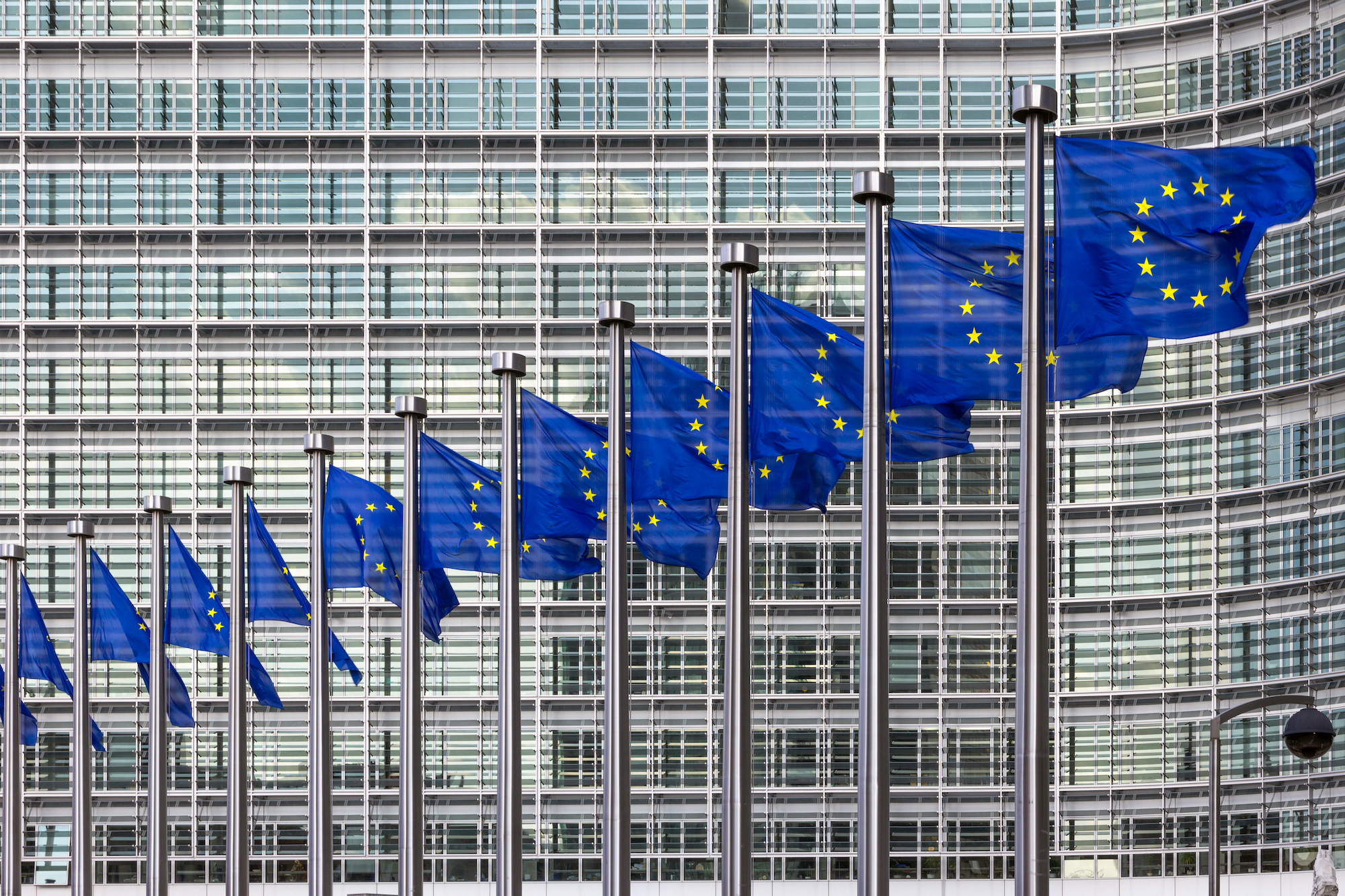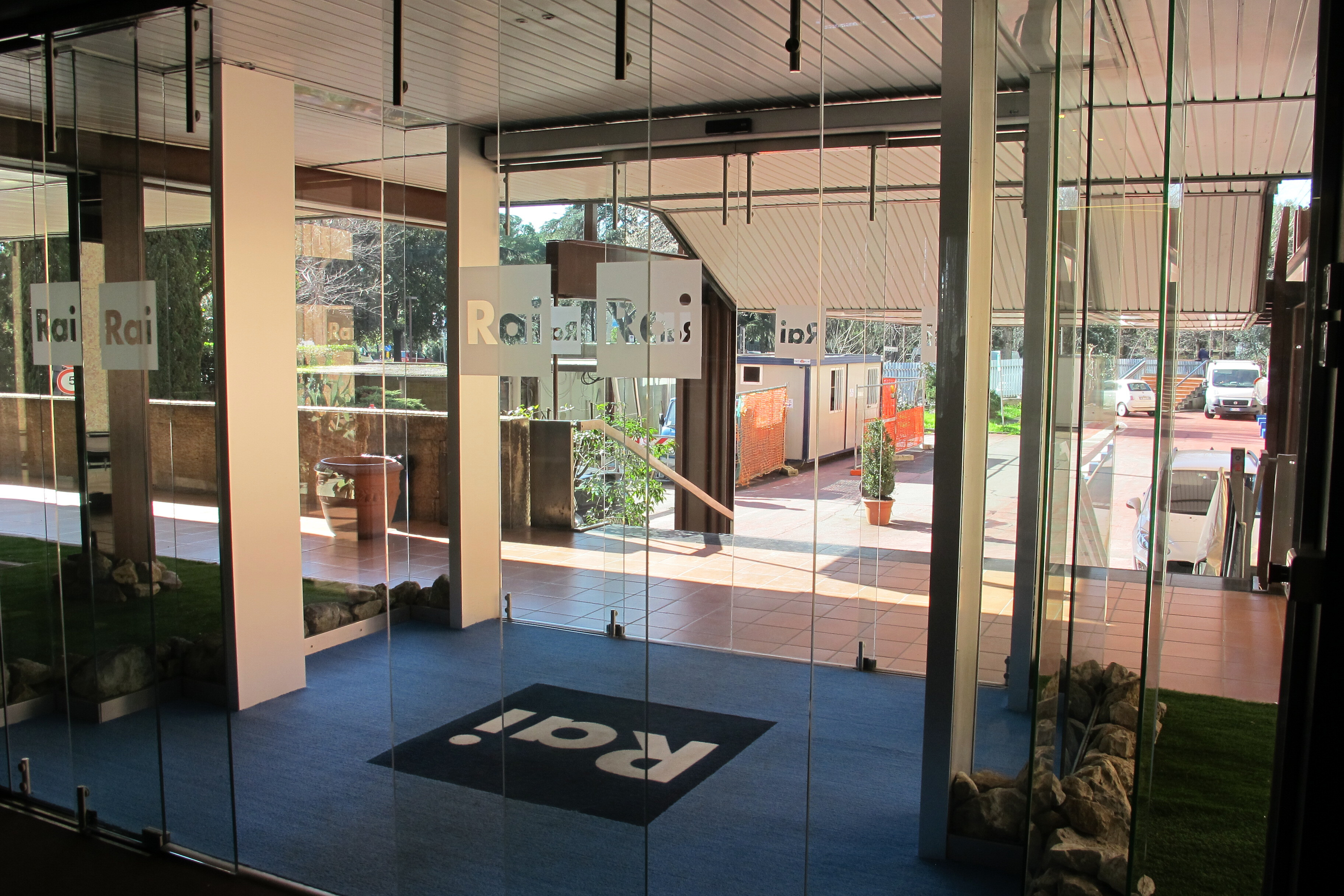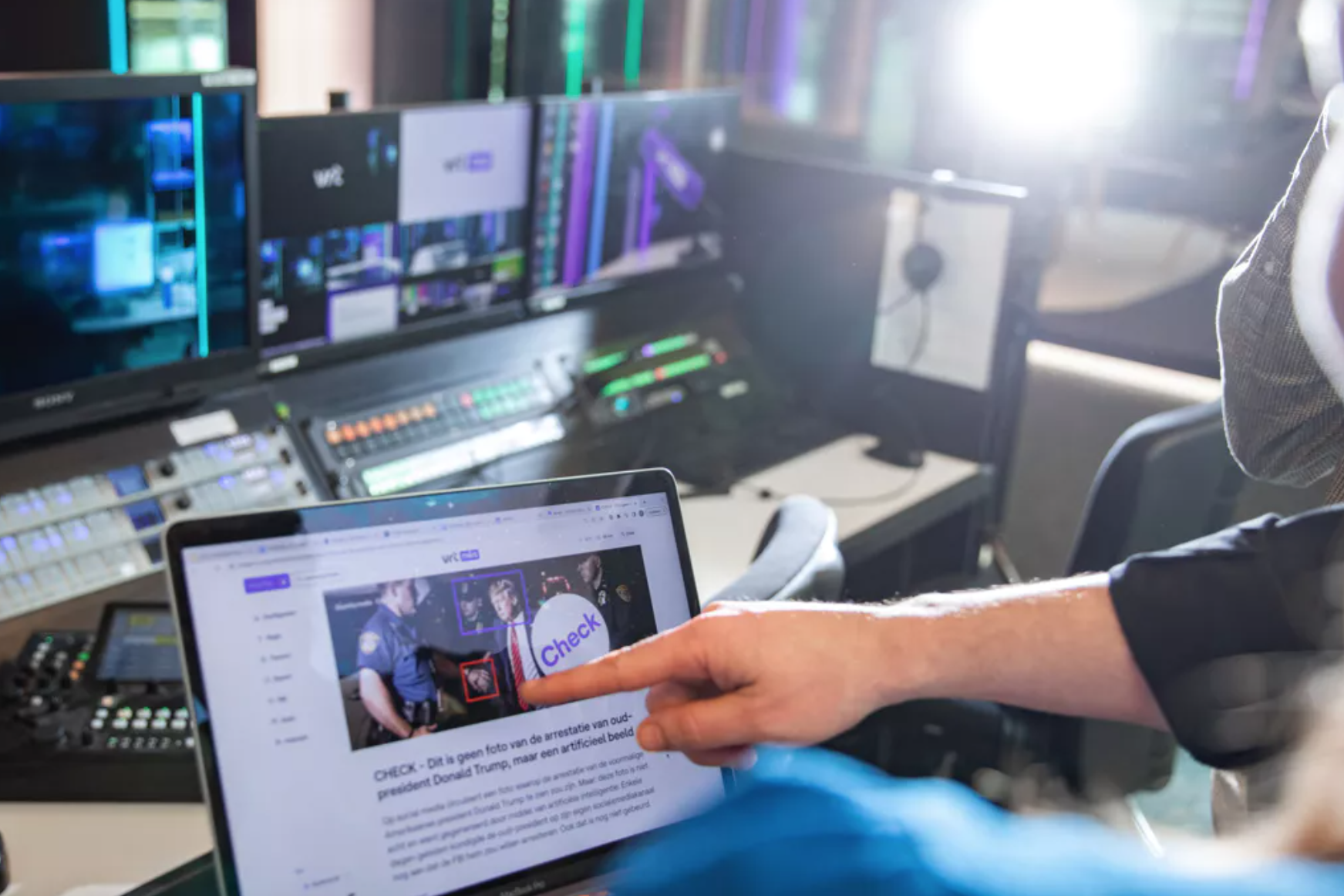INTERVIEW
European elections: “We have to secure the truly independent media”
24th June 2024
This great election year also touches Europe, with national and the European Union Parliament elections which presented a great challenge for European PSM but also promised an evolution of the EU media sphere with the adoption of the EMFA.

In early May, 27 countries headed to the polls to elect the members of the next European Parliament. In terms of coverage, this transnational elections was a real challenge for the EU’s public service media, given the general impression that EU affairs are more remote than national issues.
This year has been especially important for media in Europe, as the EU parliament passed the European Media Freedom Act (EMFA), to protect the independence of the media and safety of journalists. In a fragmented media landscape, the adoption of the EMFA showed the necessity to protect the independence of public service media.
PMA’s journalist and researcher, Charlotte Pion, spoke with Pascal Albrechtskirchinger, Head of ZDF’s European Public Affairs Office in Brussels ahead of the European elections.
Charlotte Pion: How are the EU and its members covering the EU elections compared to the national ones and what are the challenges that they’re facing in that regard?
Pascal Albrechtskirchinger: What makes European elections different from national ones for us is, I think, the fact that the European public as such doesn’t exist yet, or it is just in fragments. It is not a mass phenomenon. Even people interested in European affairs or who want to follow European affairs largely follow it via national media. This is the way people access news on Europe.
We, as a German public broadcaster, have been trying a number of things. As a big broadcaster you have to organise debates with the national leaders of the national lists. You have to go into topical presentations, such as the Green Deal, migration and defence.
Beside elections, we have a daily journal of 15 minutes covering European affairs and the “every day” of Europe, meaning also everyday life of people in Europe.
They cover subjects such as: What does it mean for the Polish army to adapt to NATO standards? Or healthcare issues in different European countries.
It covers things we don’t know in detail, but which impacts in a very concrete way the life of people.
Read more: EMFA comes at a critical time for public media
But from a journalistic point of view, the market is still very much fragmented. I think there will be a challenging evolution.
There are all kinds of challenges: political, financial, technological, etc., to try to connect existing offers, to open a bit the views and the minds to other offers. But it’s gradual. It is slow. It is generational. In my opinion, the generation post X, Y, Z will be maybe even more open to experiments like this, but it is not easy.
Podcast: Listen to Pascal Albrechtskirchinger on PMA’s podcast
And, and one thing which is important for us always to consider as PSMs, is that we have a national remit. So, everything which goes beyond the territory, we have to be quite careful.
There are a few pan-European, or transnational offers who will cater for relatively small multilingual communities – which is mostly already interested, maybe highly educated or more than average. But for example, that afternoon journal that ZDF has on European affairs, it has a market share of over 20%. So you can make it successful. You have to learn how to sell the idea, to raise the interest, to determine the right topics.
CP: How do you think the European elections could shape the future of public media?
PA: I’m not sure it would be the elections as such, but there is the fact that we have now a European Media Freedom Act (EMFA).
It’s like all EU compromises. And it will be difficult to implement it. And without going into details, it raises a number of questions. It translates the fact that we see a common ground for common values and common responsibilities, leading to the fact that we want to secure independent media in Europe.
At the same time, we have it because there are problems, because in more and more countries, the idea of public service media is challenged by people who would say, “state broadcaster is nice, but fully independent PSM, maybe less”.
And so, it is also the expression of a crisis which was identified and seen. And we must do something against that now. We have to see how it works. We have to secure internally, not only regarding those external threats which we know exist or things which are difficult to regulate, like globally acting, internet service providers, or platforms and social media.
We have to secure the truly independent media, free from state interference and, secure editorial independence because it is not at its best in all countries. So, it is from that point of view, quite a remarkable development.
It is shaping that European common public awareness, which is difficult to achieve and to develop some common consciousness of being together.
Subscribe toour newsletter
Keep updated with the latest public
media news from around the world
Despite the difficulties, the EMFA happened because there is a sense of shared responsibility. But, there is the sense of a shared common responsibility that you cannot build the European house on a different set of values. So when Vice-President of the European Commission Vera Jourova proposed the EMFA as a draft, she said regarding us – public service media – that where they exist it is an essential element of pluralistic offer, opinion forming, etc.. And we must save it or secure it from interference. So, this is a very important development. But we still have to see where it leads to exactly.
Many of the topics we as lobbyists deal with here are not very different to what is debated at national level, but the national levels always seem to be closer and more logical and understandable. Whereas as soon as you start speaking of the EU level, people think it is too far away and complicated. It may partly be true, but in most cases, it is just an impression.
CP: Do you have anything else to add, thoughts you would like to convey?
PA: That to inform or to educate regarding our job; defending or being part of the European project at large is an extraordinary endeavour. But it is also a normal thing. It should be regarded as an ordinary as opposed to extraordinary topic, being very much linked to challenges, which are more and more global.
Related Posts
25th April 2024
Italian public broadcaster accused of bias ahead of elections
Rai journalists strike calling for…
3rd April 2024
VRT NWS is launching a fact-check marathon in the run-up to elections
With the approaching parliamentary and…
13th March 2024
Coalition calls for effective implementation of EMFA
PMA has joined other CSOs in urging all…

